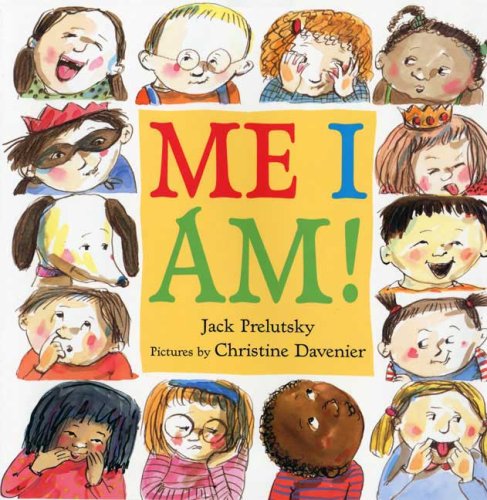For over half a century, literature has celebrated individualism: the triumph of the tree over the forest. One of the most ubiquitous themes of modern fiction is “stand out from the crowd!” From picture books to fantasy novels to high literature, the protagonist is always someone who feels a little bit alienated from the community, a little too unique. She tries to conform, but it doesn’t work. Ultimately, she learns to accept her uniqueness and she strikes off on her own. In contrast, the character who sacrifices to the group always regrets it, always fails: she gave up her career to stay home — wrong choice. He chose to become a partner in his daddy’s law firm rather than follow his dream of starting a microbrewery — wrong choice. Always, the right choice is: follow your heart's desire. Do not let the desires of others distract you from that.
There’s a good side to me-firstism, especially for particular subsets of people (like women) who've tended to put themselves last. Squelching your personality, giving up your goals, and surrendering to the demands of others can be personally destructive. And any group will demand this, to an extent, whether you’re in a family, on a sports team, or living in a community: the demands of the group can overwhelm the individuals within it, resulting in a terrible gray conformity. Sparks of initiative and individuality cannot flourish in a too-conformist community. When you feel you have to give up too much of yourself, you end up like Lady Chatterley:
And she went through the days drearily. There was nothing now but this empty treadmill of what Clifford called the integrated life, the long living together of two people, who are in the habit of being in the same house with one another.
Nothingness! To accept the great nothingness of life seemed to be the one end of living. All the many busy and important little things that make up the grand sum-total of nothingness!
When is the last time you read a novel by a westerner that features a protagonist who sacrifices something of himself or herself to a group (not a cause — that’s different), and it’s ultimately a good thing? Not just for the group, but for the individual. I feel like this is important to revisit not only in storytelling, but in life. We’ve trained ourselves, as a culture, to believe we mustn’t sacrifice anything to any group. As a stay-at-home mom, I sometimes find myself feeling resentful of the things I’ve given up for my kids, for our family life. And then I realize that’s because I’ve bought into this narrative. I hear the voices in my head: you are all that matters, don’t give up your dreams, don’t put your needs last! I think that narrative can be actively damaging, not just to me, but to all of us.
The forest is a shelter for the trees. I’d like to see more stories that acknowledge this.




'The forest is a shelter for the trees.'
ReplyDeleteFelt that one in my eyes and throat. Beautiful, Stephanie.
Thank you, my Suze. :)
Delete"When is the last time you read a novel by a westerner that features a protagonist who sacrifices something of himself or herself to a group (not a cause — that’s different), and it’s ultimately a good thing? Not just for the group, but for the individual. I feel like this is important to revisit not only in storytelling, but in life. We’ve trained ourselves, as a culture, to believe we mustn’t sacrifice anything to any group."
ReplyDeleteSteph, this actually made me rethink a plot point in my current WIP. Thanks!
It would be interesting to see how a writer could create a sympathetic character who does sacrifice him/herself to the group,and comes out ahead. Your observations cut both ways for women. Try substituting "family" for "group." Literature and biography offer examples of women who did indeed follow their own dreams, and were later castigated by society or their children.
ReplyDelete